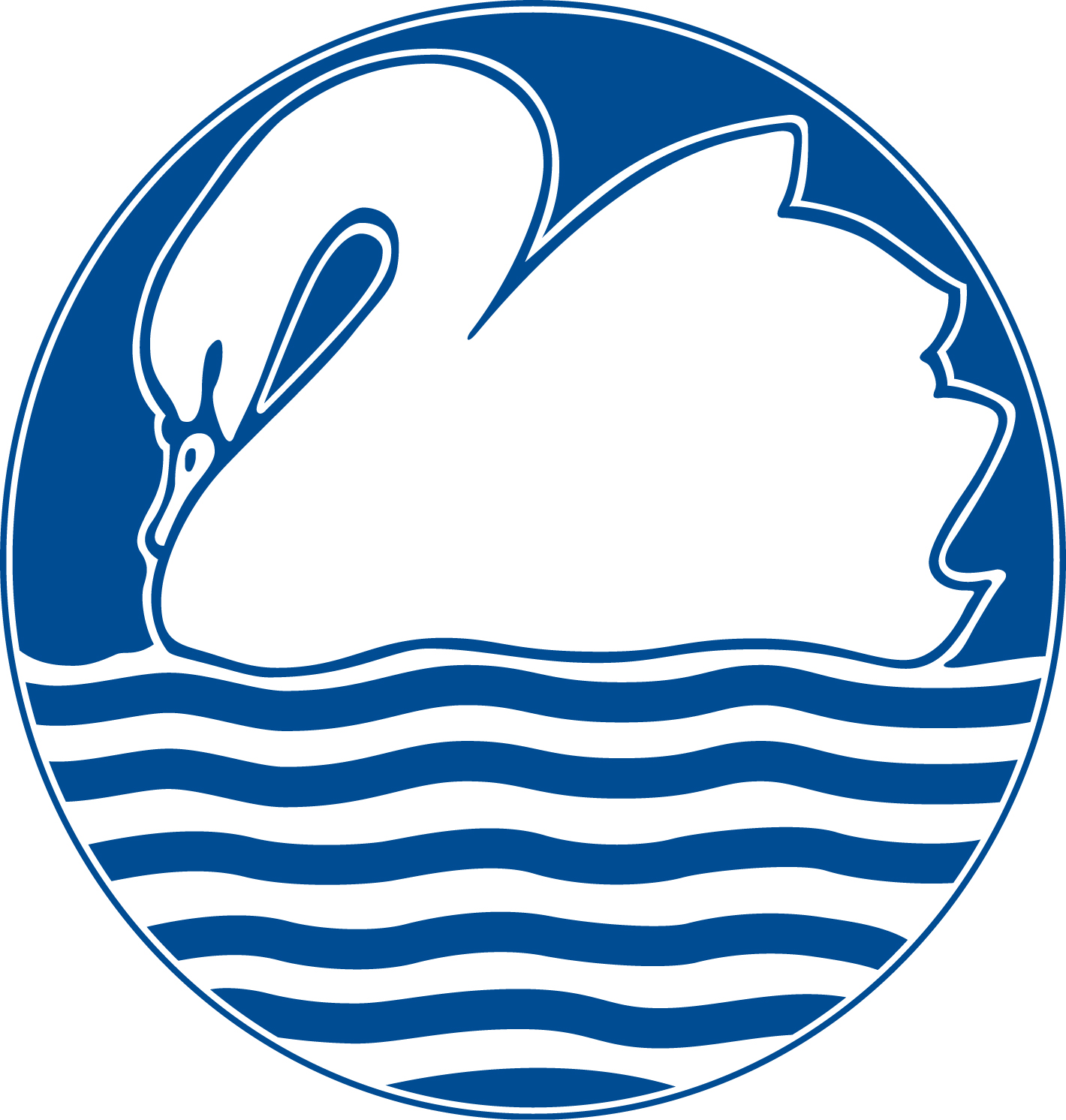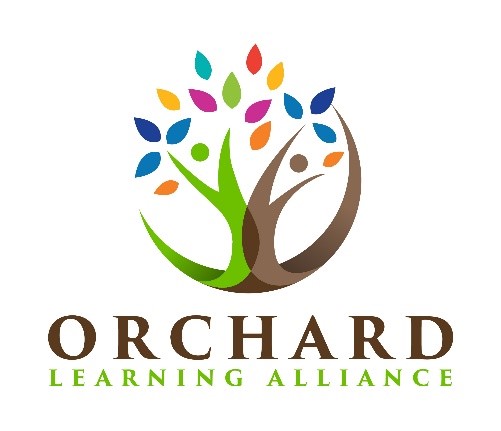Reading and Phonics at South Lake
Reading Curriculum Intent
At South Lake Primary School, we have developed a whole school reading curriculum which encourages pupils to develop a love of literature so that they choose to read for pleasure, achieve excellent outcomes and are able to access the next phase of their education. Our whole school reading spine encompasses texts which reflect the diversity of children’s literature, our curriculum and our school ethos.
In the National Curriculum, the programmes of study for reading consists of 2 dimensions:
- word reading – pupils must be able to both decode and recognise familiar printed words. Underpinning both, pupils must understand that the letters on the page represent the sounds in spoken words.
- comprehension – pupils must be able to draw from linguistic knowledge (in particular of vocabulary and grammar) and on knowledge of the world.
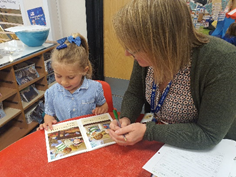
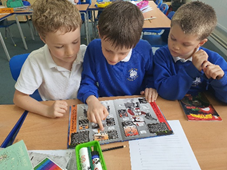
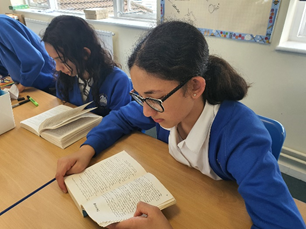
Click here for - The National Curriculum
WORD READING/PHONICS
We will ensure children’s phonic knowledge is secure, enabling them to become fluent readers at an early stage. We will equip children with a varied vocabulary and the ability to understand complex texts.
How we will do this:
Phonics
In our EYFS and early KS1, we teach reading using synthetic phonics, following a DFE approved program: Little Wandle Letters and Sounds Revised. This is applied throughout the rest of the school to consolidate what has been learnt. Within daily phonic sessions, children have the opportunity to revisit previous learning and practise and apply new skills in structured but engaging ways.
Teaching of reading from phonics to fluency
Book-banded books
The books we use for teaching are selected for specific reasons e.g. South Lake core books, age-related text, curriculum, school ethos. Each year group from Year 1 to Year 6 is taught using focused questions.
In EYFS, reading is taught through regular book sharing, modelling fluency and expression and picking out vocabulary. There is a rich, diverse set of core texts available for the children to choose to read. Adults read individually with children, targeting precise areas for development.
READING LESSONS
At South Lake, we recognise the importance of providing pupils with a range of high quality texts, including stories, poems and non-fiction. Teachers choose texts from our core book lists linked to our school ethos or curriculum subjects and promote the diversity in children’s literacy.
In Reception and Year 1, following the Little Wandle Letters and Sounds programme, groups of pupils receive reading lessons on decoding, patterns of rhythm and sound in poetry, and comprehension.
From Year 2 to 6, pupils have reading lessons as a whole class which are built around reading high-quality texts which are progressively complex, in order for children to develop confident reading. Lessons encompass analysis of vocabulary, high-level questioning and discussion. Structures are taught to aid the recall of the 6 reading domains as part of the reading curriculum.
From year 1 to 6, the unit of lessons follows a set structure:
Monday
During this lesson, pupils are exposed to the text and the new vocabulary which is displayed in the classroom and revised continuously through different activities to ensure pupils are engaged and understand the vocabulary within the text. Following teacher-modelled reading fluency, children will collaborate and discuss the text using their oracy skills.
Tuesday - Friday
Throughout the week, pupils hone other reading skills taught including fluency, scanning and skimming, and utilising a range of questions (inference, prediction, explanation, retrieval, sequencing and summarising). Within lessons, pupils are taught the ‘real-life’ connections from what they are reading in the text to ensure barriers of understanding are not limited.
Reading Progression
Research has shown that pupils’ progress in reading comes from developing the knowledge needed to understand increasingly challenging texts and allowing children to become familiar with the structures and features of narrative texts. Our reading curriculum provides pupils with progressively more complex texts and includes books linked to the ‘5 Plagues of Reading’.
- Archaic Language
- Non-Linear Time Sequences
- Narratively Complex
- Figurative/Symbolic
- Resistant Texts
See below for each Year group's overview document
OUR READING ENVIRONMENT
At South Lake, we feel it is vital that the development of children's reading skills and comprehension is intertwined with the need to nurture a love of books and reading to create lifelong readers. We promote a love of reading throughout our school both inside and outside the classroom
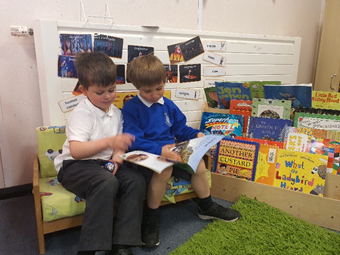
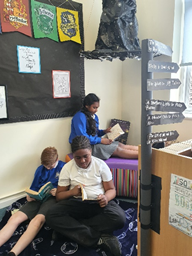
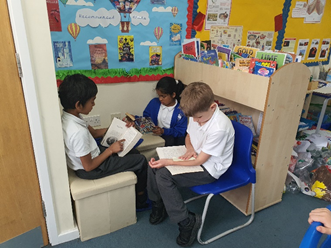
Classroom
Each class has a book corner and a display of recommended reads. Book corners contain a range of high quality texts including fiction, non-fiction, poetry, a range of different authors relevant to the year group, a diverse range mirroring children’s lives and experiences and also providing them with a window to the outside diverse world. Pupils are allowed to use the book corner regularly during the day, particularly during reading for pleasure time.
School
Every class door displays ‘What we are reading’ and a display of books/authors. Within the corridors there are displays of pupils' reading and recommended reads to promote reading across the school. Curriculum displays may also display texts related to the topics.
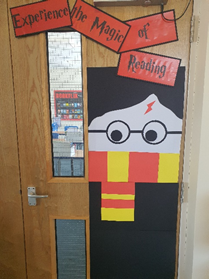
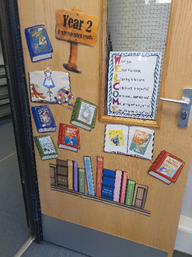
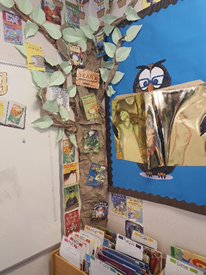
READING FOR PLEASURE
At South Lake, we recognise - and the research shows - that there is a positive relationship between reading frequency, reading enjoyment and attainment. Not only does reading for pleasure have an impact on an emotional and social level but also reading enjoyment has been reported as more important for children’s educational success than their family’s socio-economic status.
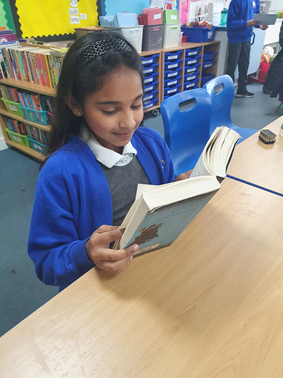
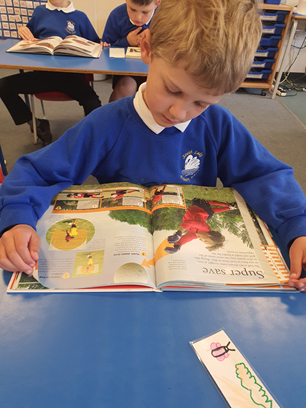
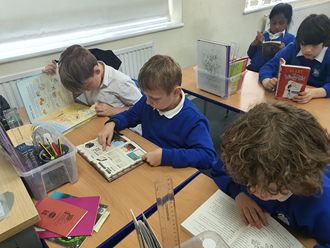
Every day, across the whole school, pupils are provided with opportunities for Reading for Pleasure, where they are encouraged to read books from the class reading corner, chosen specifically from recommended book lists for their particular year group. To further develop a love of reading and to help our pupils appreciate our rich and varied literary heritage, adults read to the children every day.
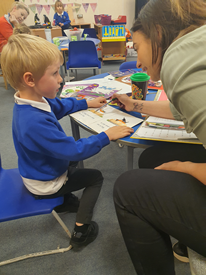
Within each year group, pupils will be identified to receive further additional 1:1 or group reading to improve their word reading, comprehension or fluency. SEN pupils may also receive outside agency support (Learning Support Service).
Reading at home
Pupils are encouraged to be involved with reading a minimum of 4 times a week - this can be reading book themselves to a home adult, or sharing a story at home. Parents and carers are asked to record this in the reading diaries. Pupils can change their Reading for Pleasure books as directed by the class teacher, developing independence as they progress through school. Pupils in EYFS and KS1 are sent home decodable books that are in line with the phonics being taught. A book to be shared with an adult at home is also sent, to foster the love of reading a range of texts.
